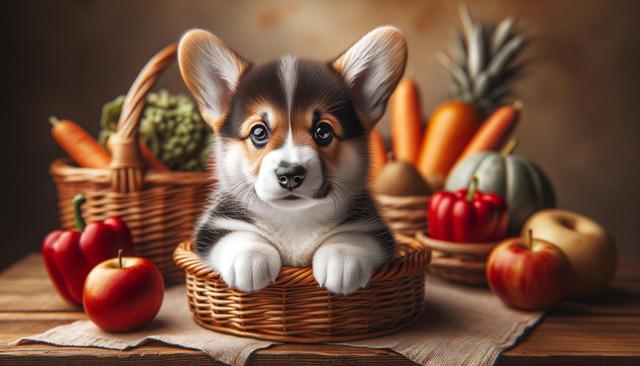Understanding the Cavalier King Charles Spaniel Breed
The Cavalier King Charles Spaniel is a small breed that combines the elegance of a toy dog with the spirit of a sporting spaniel. Originally bred to be lapdogs for royalty, they continue to charm dog lovers with their expressive eyes, silky coats, and friendly demeanor. These puppies are known for their gentle temperament and strong attachment to their human families. Because of their adaptable nature, they transition well into various living environments, including apartments and houses with or without yards. Their sociable character also makes them a great choice for households with children or other pets.
Despite their aristocratic background, Cavaliers are surprisingly playful and energetic. They love being involved in family activities and enjoy both indoor snuggling and outdoor adventures. Their balanced personality makes them neither overly demanding nor too laid-back, striking a sweet spot for many pet owners looking for a loyal, low-maintenance companion.
Early Development and Socialization
Like all puppies, Cavalier King Charles Spaniels go through critical early development stages that shape their behavior and future temperament. During the first few months, socialization plays a vital role in ensuring they grow into well-rounded adult dogs. Introducing them to a variety of experiences, such as meeting different people, encountering various sounds, and exploring new environments, can greatly reduce the chances of fear-based behaviors later in life.
Socialization should be a gentle and positive process. A few ideas for early social exposure include:
- Short car rides to get them accustomed to travel
- Visits to dog-friendly parks or pet stores
- Supervised interactions with other vaccinated puppies and friendly adult dogs
- Exposure to common household sounds like vacuums and doorbells
During this stage, it’s also important to begin basic training. Cavaliers are intelligent and eager to please, which makes them particularly responsive to positive reinforcement techniques. Treat-based training and gentle praise are often all it takes to teach them basic commands and good manners.
Health Considerations and Preventive Care
Cavalier King Charles Spaniels are generally healthy dogs, but like all breeds, they are prone to certain genetic conditions. Prospective owners should be aware of potential issues such as mitral valve disease (a heart condition common in the breed), hip dysplasia, and syringomyelia, a neurological condition. Regular veterinary visits, early screening, and a proactive health plan can help catch and manage these conditions effectively.
Preventive care is key to giving your puppy a long and healthy life. This includes:
- Routine vaccinations and deworming
- Annual check-ups and dental cleanings
- Heartworm, flea, and tick prevention
- A balanced diet appropriate for their size and age
Maintaining a healthy weight is particularly important for Cavaliers, as excess weight can exacerbate joint and heart problems. Regular exercise, including daily walks and playtime, will help keep your puppy in good physical condition and mentally stimulated.
Grooming and Daily Care Needs
One of the most noticeable features of the Cavalier King Charles Spaniel is its long, silky coat. While beautiful, this coat requires regular grooming to keep it free of tangles and looking its best. Brushing your puppy’s coat several times a week helps remove loose hair and prevent mats, especially in areas like behind the ears and under the legs where tangles are more likely to form.
In addition to coat care, other grooming needs include:
- Regular ear cleaning to prevent infections
- Nail trimming every few weeks
- Teeth brushing for oral health
- Bathing every month or as needed depending on activity level
Cavaliers typically enjoy being groomed, especially if introduced to the routine early on. Making grooming a positive experience helps reinforce your bond and keeps your puppy comfortable with handling, which is useful for vet visits and other care situations down the road.
Finding and Raising a Cavalier King Charles Spaniel Puppy
If you’ve decided to welcome a Cavalier King Charles Spaniel puppy into your home, it’s important to find a responsible and ethical breeder. Look for breeders who prioritize the health and temperament of their dogs and conduct genetic testing on their breeding stock. Visiting the breeder in person, asking for health clearances, and observing the environment the puppies are raised in can help ensure you are supporting good breeding practices.
Raising a Cavalier puppy involves a blend of patience, consistency, and affection. These dogs thrive on companionship and do not enjoy being left alone for long periods. Crate training can help with housebreaking and create a safe space for your puppy when unsupervised. Early obedience classes are also beneficial, as they provide structured learning and social opportunities.
Consider the long-term commitment before bringing a puppy home. Cavaliers can live 12–15 years, and they require daily attention, affection, and care. However, the rewards of raising such a loyal, loving companion often far outweigh the responsibilities involved.




Leave a Reply